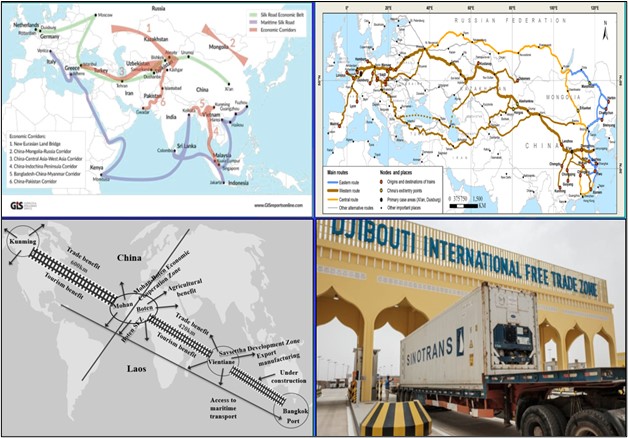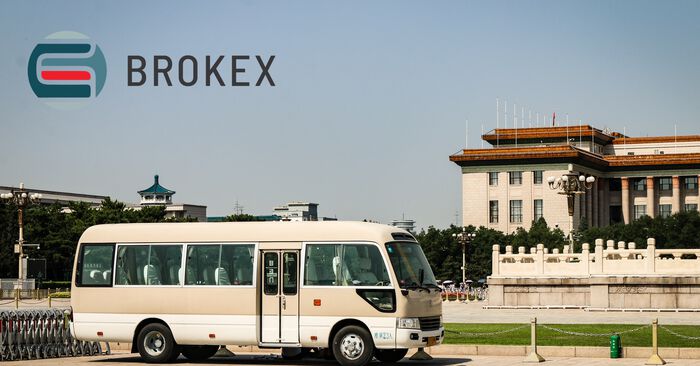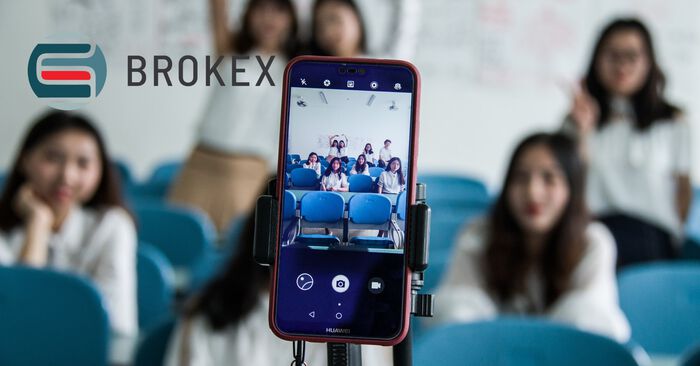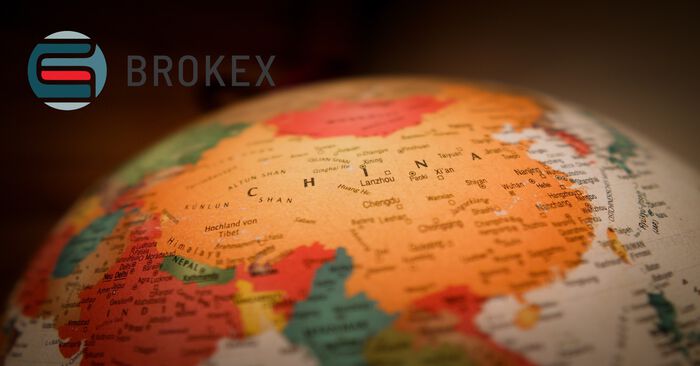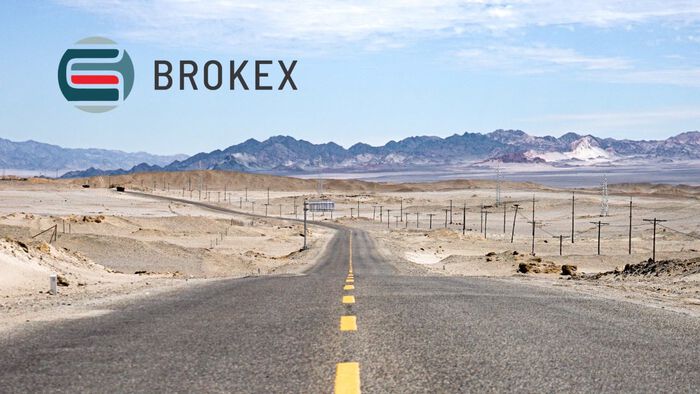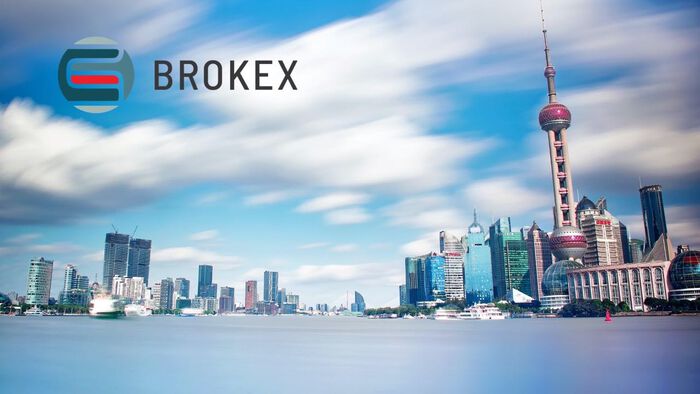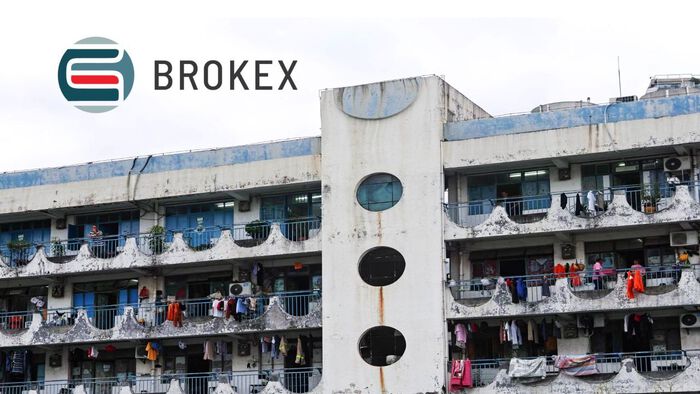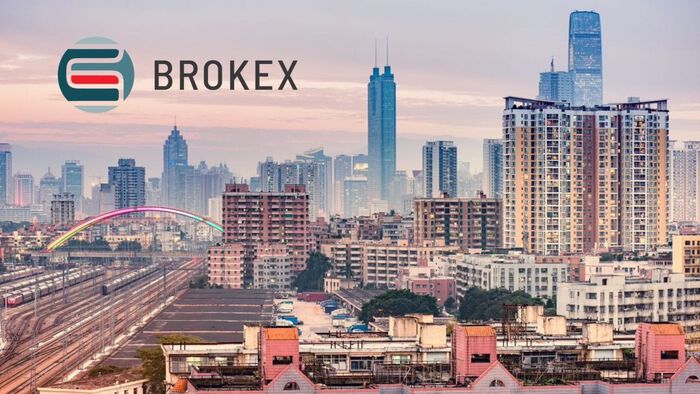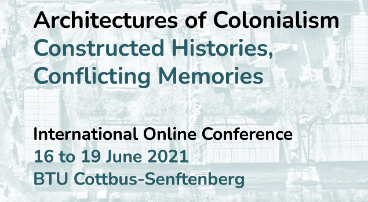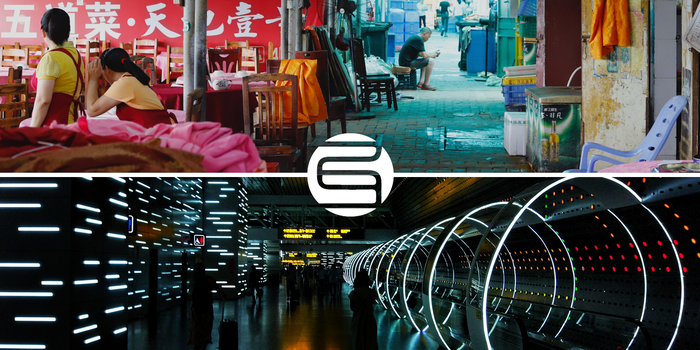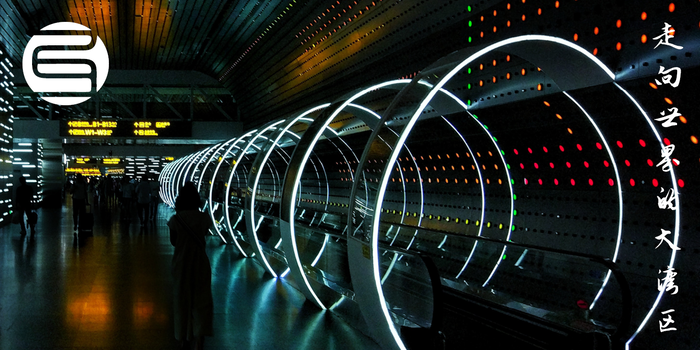Events
Previous
Are you writing your MA or Ph.D. thesis on Chinese cities, global urban studies, infrastructure, Special economic zone, urbanism, or the Belt and Road initiative?
The Chinese political system includes several million full-time professional staff often referred to as 'cadres'. Who are these local administrators, and how important are they for the Chinese Communist Party's developmental policies? How will it influence an individual to become a CCP cadre? In this seminar, we will examine cadres' roles from the perspective of two case studies, one focusing on environmental policies and the other with a focus on gender.
How important is gender for young people in contemporary China? What challenges and aspirations are central to young Chinese women? This seminar will focus on how young women from China negotiate different expectations and identities both inside and outside their homeland.
China’s main foreign policy initiatives are not directed at the West but prioritise south-south relations. In this seminar, we will learn more about China’s orientation towards developing countries and the meaning of the concept of a ‘more democratic world order’ for the Chinese Communist Party.
The Belt and Road Initiative (BRI) is one of China’s most discussed foreign policy initiatives. What is the BRI? How does it influence other countries? In this webinar, Freymann will give a presentation of his book and answer questions from the audience, in discussion with Özge Söylemez.
China’s rise to superpower status is the most important geopolitical change of our time. On November 3rd we are excited to host two international experts on this topic, Elizabeth Economy and Shaun Breslin, in discussion with China correspondent for the New York Times, Amy Qin.
‘Common prosperity’ is an important goal for the future development of the Chinese economy. This is a response to several decades of increasing inequality during the reform era. Which groups of the Chinese population have so far missed out on the advantages of rapid economic growth? What is their situation?
China’s economic reforms have caused rapid growth for a period of forty years. The Chinese Communist Party’s gradualist approach to reform was not inevitable. What were the alternative routes and why were they abandoned? What new obstacles for further Chinese economic development may change its future course?
China both sends and hosts high numbers of international students. Is education a means to become cosmopolitan? How is China's place in the global educational landscape changing after Covid?
The growth of the Greater Bay Area in South China is still heavily reliant on the access to cheap labor. This seminar examines the role of labor brokers in shaping rural-urban labor migration in China.
China’s global economic and political power has expanded. How will China use its new position to change the world? How does the country’s rise change its self-perception?
Shenzhen was declared China’s first special economic zone 40 years ago. Which path does the city take? What is its role as a development model today?
There are new challenges for research integrity and there is great change in the way that research is being conducted.
